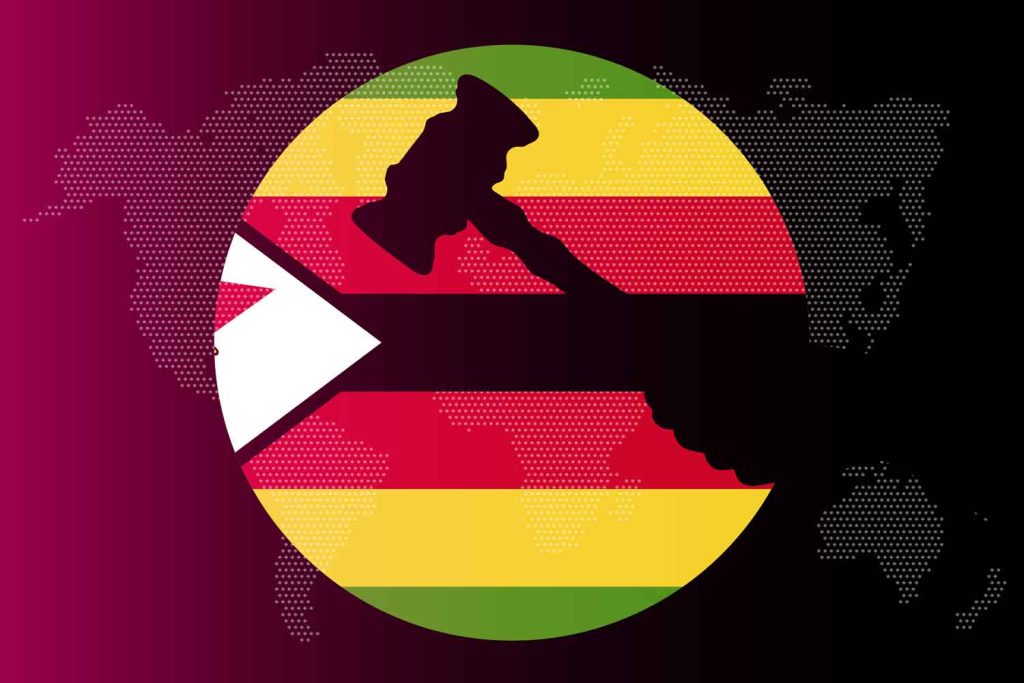
Zimbabwe has urged a Washington, D.C., federal judge to deny a German and Swiss family’s bid to enforce a multimillion-dollar arbitration award that stems from the country’s controversial land reform program, reports Law360.
After gaining independence in 1980, Zimbabwean officials looked to give land owned by white farmers back to the country’s indigenous communities.
When the white farmers refused to sell their land, Zimbabwe enacted legislation in 1992 that enabled it to seize control of properties in exchange for “fair compensation.” Frustrated with the slow progress of the land reform program, officials in 2000 unsuccessfully attempted to pass legislation that would allow them to seize land without compensation.
Ultimately, Zimbabwe enacted a “fast track” version of the program that required the government only to compensate landowners for “improvements” made to agricultural properties rather than for the land itself.
Before the reform program was enacted, the von Pezold family owned three estates in Zimbabwe comprising tens of thousands of acres, including the country’s largest tobacco growing and curing operation.
The family initiated arbitration in 2010 under the Convention on the Settlement of Investment Disputes Between States and Nationals of Other States, also known as the ICSID Convention, claiming Zimbabwe’s reform program violated two treaties the country had signed with Germany and Switzerland.
In 2015, a ICSID tribunal issued the $277 million award in the family’s favor, finding that Zimbabwe had expropriated the von Pezolds’ property and breached international law through its land reform program.
After Zimbabwe’s failed to pay the reward, the family filed the current D.C. federal court enforcement action in July 2021.
Zimbabwe accuses the family of trying to increase its litigation burden and costs by filing a premature judgment motion.











